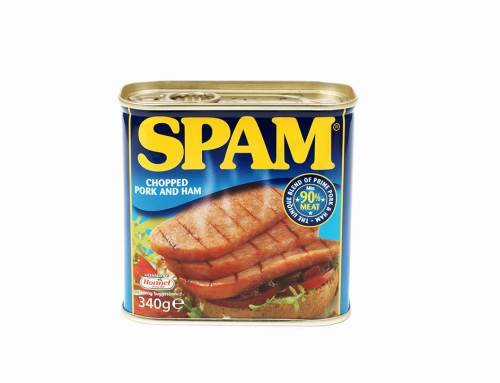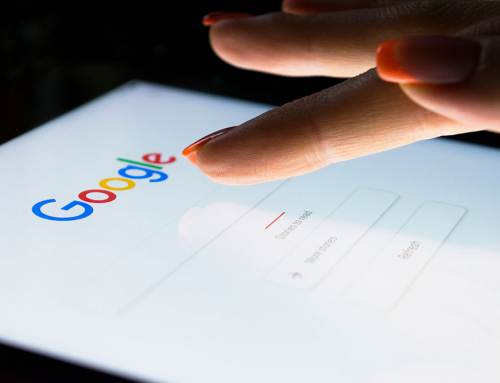Has Content for Search Engine Optimisation i.e. SEO changed over the years, just like our collective search habits have changed considerably in the last 15-20 years and is content marketing still King?
SEO has grown from something only a few people practiced and even fewer knew about, never mind understood, to something that most website owners and even non-technical business owners are acutely aware of today.
The use of Google is pretty much synonymous which ‘Search’ these days, no longer a phrase only used by content marketers and whilst Bing, Yahoo and Baidu have some 5% of the global search market each, and others like Wolfram Alpha come and go, Google accounts for some 80% of Search and being somewhat monopolistic, what Google says, pretty much goes in terms of SEO and your website rankings.
Is Content still King?
As a Search Engine Optimisation consultant this question has been relevant for some 20 years but whilst the list of other metrics of SEO have changed considerably and grown consistently in that time you can argue that today SEO is still largely about content, content, content.
Google is synonymous with ‘Search’ these days so how Google ranks content is incredibly significant to your SEO efforts but you must never forget that whilst Google will be ranking your content you need to create your content to server the human readers as Google is ultimately answering to those needs, wants, desires and readability characteristics, not those of machines.
Content is very much still the King and it certainly isn’t dead but nowadays the focus on content has gotten more relevant and contextual.
Whereas in the late 90’s you could manipulate Search far easier and the penalties were not as severe; there being no Google Room 101 back then for starters, content was something that was largely viewed as being in the way of and a hindrance to advertising. It was something to grab the search engines attention at all costs and to the detriment of user experience and as a result the web in the 90’s, like the offline business world portrayed in movies like Wall Street, was brash incoherent and volatile.
Whilst content was certainly King its quality was questionable at best and practices like keyword stuffing were manipulated on biblical proportions. For SEO it was the Wild West.
How has content changed?
The key word in the growth of ‘Content for Search Engine Optimisation’ as the proverbial King it was lauded to be and its relevance in Search, is context. The 90’s search engine would for a time, allow a webmaster to flood an 800 word web page on SEO for example with the term ‘search engine optimisation’ written 200 times, ‘SEO’ written another 200, and the combination of the two another 100 times with less than 10-25% of the webpage dedicated to actual information relevant to the search, yet the page wold rank highly. This made the webpage unreadable to the human visiting it and it would always largely be just a page of adverts with no real contextual relevance to the term you typed to land there. Not too dissimilar to how the likes of tabloid newspaper websites are today as they too are in their own death throes with allegations of spinning out content only to serve adverts routinely directed at them.
Quantity over Quality is a short term focus and Google understood very quickly that when a human wants to find out the answer to a question, which is the raison d’être for a search engine in the first place, that the most relevant web page delivered in the quickest time was the one chosen most often, and the one which won out over other search results and that the content clutter (like adverts, pop ups, re-directs and videos you cant skip) are the collective bane of the human internet user. Google figured pretty quickly that this clutter; in preventing the deliverance of a relevant answer to the original question and therefore the basis of the internet query in the first place, made the search query null and void that this only serves to annoy the user and see lower levels of human engagement which ultimately would see people use it [/fusion_builder_column]
Google saw the long game and played it accordingly figuring that adverts and low quality sites turned people off and lowered trust in those types of search results so it made search easier but it also made it more relevant. It understood that answers on webpages not adverts on webpages were what kept people returning to Google over its rivals and as such Google has spent the last 20 years perfecting what it thinks us humans want to have served as content in the form of a relevant answer to our original search query, and not a page of a hundred adverts putting that answer additional steps away from us, like some online Easter Egg hunt.
How does Google Rate/Rank Content Now?
There are many individual ranking metrics concerning content that Google’s algorithms collectively take into consideration and manipulation efforts is one of them. Whereas poor quality sites would rank in the past if they had a lot of keyword density, unrelated keywords, keyword stuffing and the like nowadays Google looks at the content, its context, its grammar and syntax and additional metrics that combine in order to attempt to rank and rate a given web page based on how it would expect a human to rate and rank that content.
However, another big difference in 1998 versus 2018 in terms of content is that Google now doesn’t need to guess. As well as the ranking of the content quality itself, in a nutshell Google also factors in how those actual webpages are ranked by the humans that visit and read them.
Metrics Metrics Metrics
Any half decent webmaster and website owner should look at their metrics to understand what pages and what content works, and which ones don’t. It stands to reason that you need to know what attracts, engages and retains visitors and customers so you can do more of the same and less of the work that doesn’t get engagement.
Well it shouldn’t come as a shock but Google looks at this data too and those pages that have bounce rates over 95% and page read times of less than 30 seconds for a page of 500 words, it is painfully clear to you that your visitors didn’t like or rate the content and that means it is clear to Google also so quite simply, that particular page will (all things being equal) rank lower than a page that has a bounce rate of 5%. It is important to remember that Google looks at how your visitors engage with your site and factors this machine learning into its rankings of you and your peers.
If you are Google and you want to be the only Search Engine, whilst there is competition you need to deliver content that your users value over what your rivals serve if they have a choice. What happens when Yahoo and Bing don’t exist isn’t hard to predict for the skeptics amongst us but these are the rules of the game and so the only rule you need to follow in understanding that Content is King, is that you should write your content to be engaging to your reader, because if you don’t Google knows this, it is all too evident in the lack of visitor engagement in your [Google] metrics.
Good Content is…?
You should write your content for the audience you are seeking to attract and engage. As such your content is deemed ‘good’ if you have a low bounce rate and if your page read times reflect how long it takes a human to read the full page before leaving. Great content is content that not only gets read but that which gets shared and linked to.
In the past backlinks, like content was a numbers game but now just like content the relevance and context of those links is taken into account and in addition to other websites and blogs, how well a website or webpage gets shared across social media does influence the ranking of that site, all things being equal.
Bad and spammy content doesn’t get read and wont get shared or linked to so you may as well not even start down that route but focus your energy on creating content that engages your visitors and gives them a reason to come back, to link or share your content or to pursue a call to action and gets them in touch with you.
Want to know more?
If you want to learn more about this Content for Search Engine Optimisation and Search Engine Optimisation in general, how to better rank your site and engage with your target audience or learn your bounce rates from your click throughs and you need someone to offer a no nonesense and supportive approach as an extension of your business, then feel free to get in touch for a no obligation chat.





